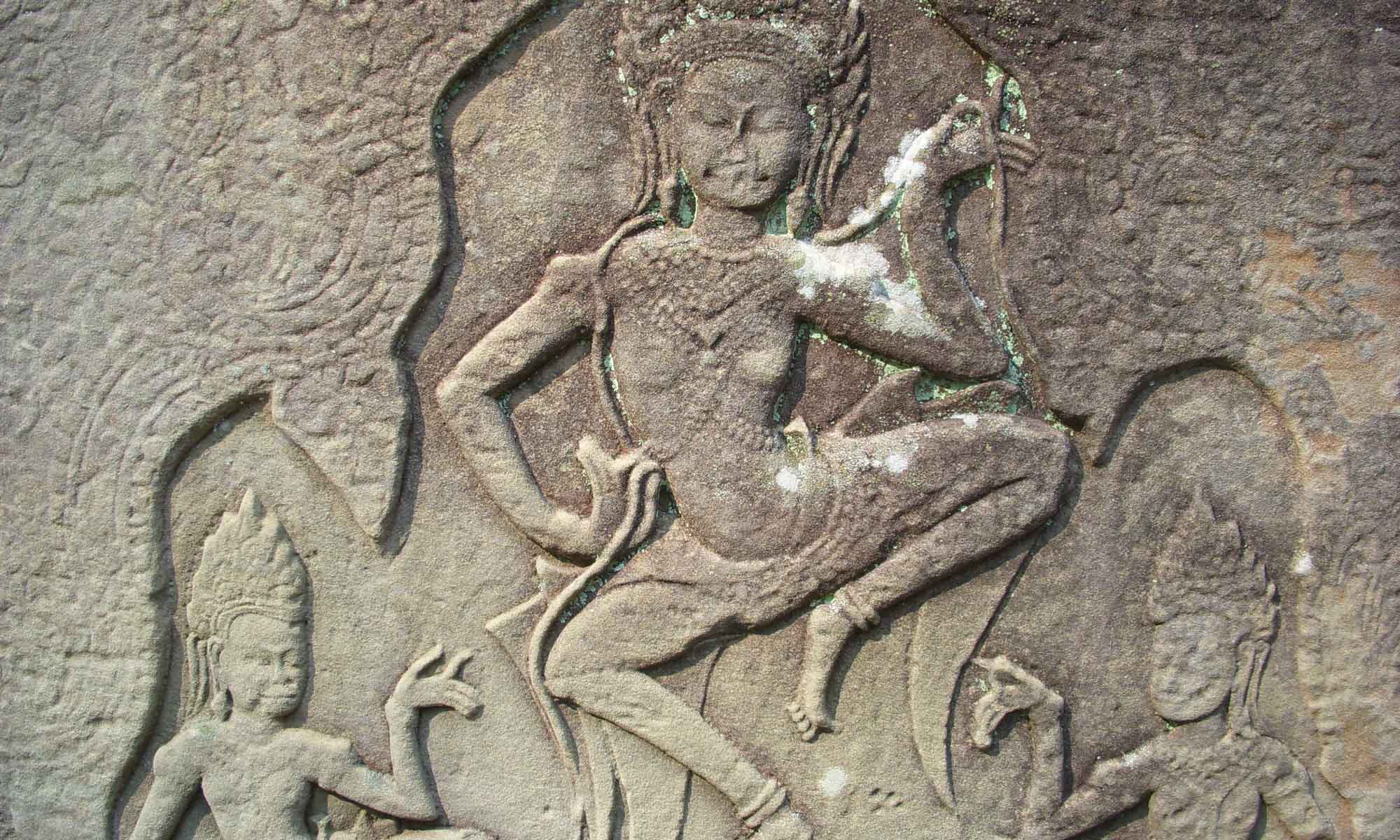“Women Making History: The Revolutionary Feminist Postcard Art of Helaine Victoria Press”
with Jocelyn Cohen and Julia Allen
Thursday, March 21, 2024 at 3pm Eastern Time

In 1973, Jocelyn Helaine Cohen and Nancy Victoria Poore established Helaine Victoria Press to publish women’s history postcards. Spurred by the energy of the second wave feminist movement, they learned how to research histories buried in old books and archives and how to print on a vintage letterpress. “The beginning of HV Press in 1973 and the end of the press in 1990 brackets a kind of extraordinary, exuberant women’s revolution both within the academy as well as throughout aspects of life in the Western world.” (Prof. Susan Gubar, author, Madwoman in the Attic).

Jocelyn Cohen and Julia Allen discuss how such a venture began, including the challenges of becoming independent scholars, offset and letterpress printers and publishers. They show how, by creating postcards, Helaine Victoria Press did more than provide a convenient writing surface; instead, they explain, the press aimed to generate feminist memory. The multimodal cards, like the movement from which they emanated, were dynamic and participatory. This salon captures the story of how HV Press used an ephemeral popular art form to ignite interest in women’s history told within a feminist construct of feminist memory.

Julia and Jocelyn’s book, Women Making History: The Revolutionary Feminist Postcard Art of Helaine Victoria Press (2023), is the first book to demonstrate the relationships between the feminist art movement, the women in print movement, and the scholars studying women’s history. It is available from Lever Press, which is funded by a consortium of small liberal arts colleges, and dedicated to the principle of open access, but also offers print editions of their books. Read it and see many archived images here.

Jocelyn H. Cohen – fine artist, letterpress printer, author, designer, art director, arborist and aesthetic Pruner is principal at Poetree Landscapes & Arboriculture. Her self-published previous books are, The Spirit & Craft of Chinese Ritual Papers, a hand made art book held in several collections including The British Museum and Harvard-Yenching Library and editor Let’s Get Rolling: Simplified Vegetarian Cookery in a Simplified Kitchen by Alma Hecht. Jocelyn’s large oil paintings can be viewed at Indiana University, Kokomo in the Administration Building.
Julia M. Allen is professor emerita of English at Sonoma State University. She holds a Ph.D.in English with a focus on Rhetoric from the University of Texas at Austin. Her previous book, Passionate Commitments: The Lives of Anna Rochester and Grace Hutchins, State University of New York Press, 2013, won the Judy Grahn Award for Lesbian Nonfiction from the Publishing Triangle in 2014. Her most recent book, co-authored with Jocelyn H. Cohen, is Women Making History: The Revolutionary Feminist Postcard Art of Helaine Victoria Press.
~~~~~~~~~~~~~~~~~~~~~~~~~~~~~









You must be logged in to post a comment.